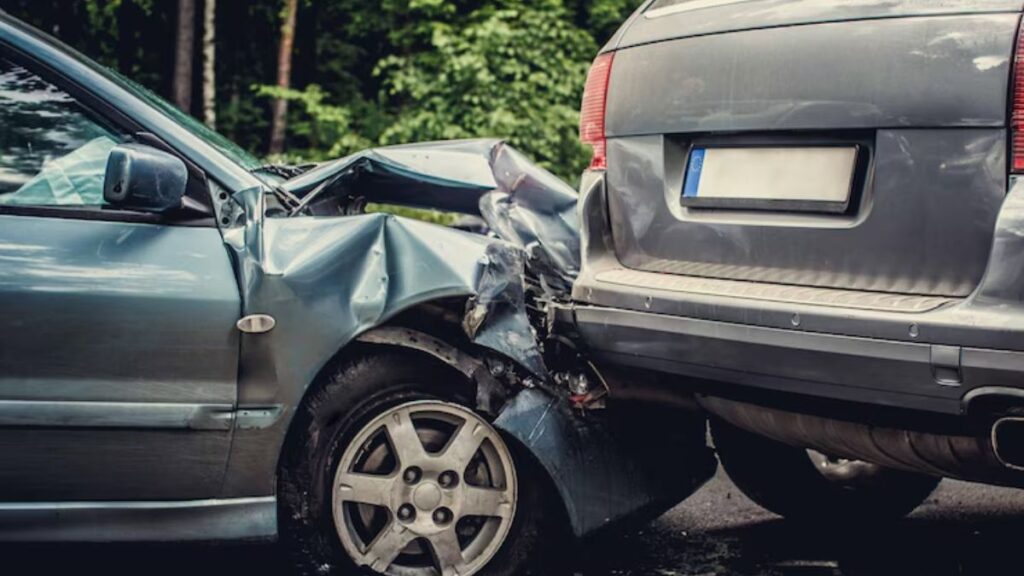A Move Forward After a Car Accident can leave you shaken physically, emotionally, and financially. The road to recovery isn’t always a straightforward one, but with the right steps, you can comfortably take back control of your life.
Prioritising Your Physical Recovery
Your body needs expert care and time to heal. Immediately after an accident, seek medical attention (even if injuries seem minor) to rule out any hidden traumas. Follow your doctor’s treatment plan rigorously: attend follow-up appointments, take medications as prescribed, and complete any recommended physiotherapy or rehabilitation exercises.
- Set realistic milestones.Break your recovery into weekly goals (e.g., improving range of motion by 10%).
- Stay consistent.Skipping exercises can slow progress; use reminders or a rehab journal.
- Listen to your body.Pushing through pain risks setback. If something hurts unusually, pause and consult your therapist.
For detailed guidance on initial steps after a crash, see National Accident Helpline’s checklist on what to do Move Forward After a Car Accident.
Managing Emotional Well-Being Post-Accident
Beyond physical wounds, crashes often leave emotional scars. It’s normal to experience anxiety, mood swings, or flashbacks. Watch for warning signs of PTSD such as nightmares, hypervigilance, or flatout avoidance of driving.
- Talk it out.A therapist specialising in trauma can teach coping strategies.
- Join a support group.Hearing other survivors’ stories normalises your feelings and builds community.
- Practice self-care.Simple routines (daily walks and using meditation apps) help you process stress.
Brake offers tailored advice for coping with shock, grief, and emotional recovery after a serious road incident.
Rebuilding Your Financial Stability
Accidents can upend your income and pile up unexpected costs. Exploring all financial routes is vital for your peace of mind.
- Claim insurance promptly.Notify your motor insurer and, if relevant, your employer’s insurer if it was a work-related accident.
- Road traffic accident claim. Filing a claim can secure compensation for medical bills, lost wages, and other losses. Consult a specialist who works on a “no win, no fee” basis to minimise upfront costs.
- Access benefits and grants.Depending on your circumstances, you may qualify for Statutory Sick Pay, Personal Independence Payment (PIP), or grants from charities.
Regaining Confidence and Getting Back on the Road
Fear of driving again is common, but you don’t have to conquer it overnight.
- Start small.Sit in the parked car, adjust mirrors, and switch the engine on to rebuild familiarity.
- Gradual exposure.Drive on quiet streets before tackling busier routes.
- Defensive-driving refresher.A one-day course can sharpen skills and boost assurance behind the wheel.
- Mindset tools.Breathing techniques and positive affirmations reduce anxiety before each journey.
If driving anxiety persists, consider seeking sessions with a driving-anxiety specialist or occupational therapist who can guide you through personalised exercises and get you back in the driving seat.







